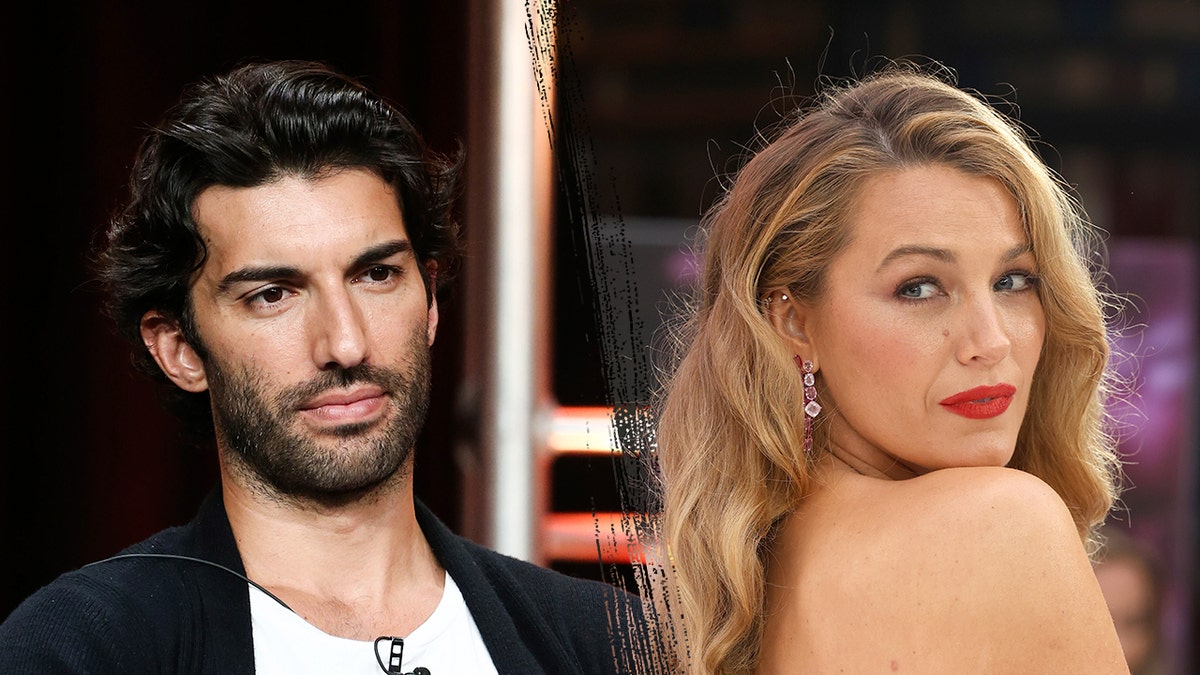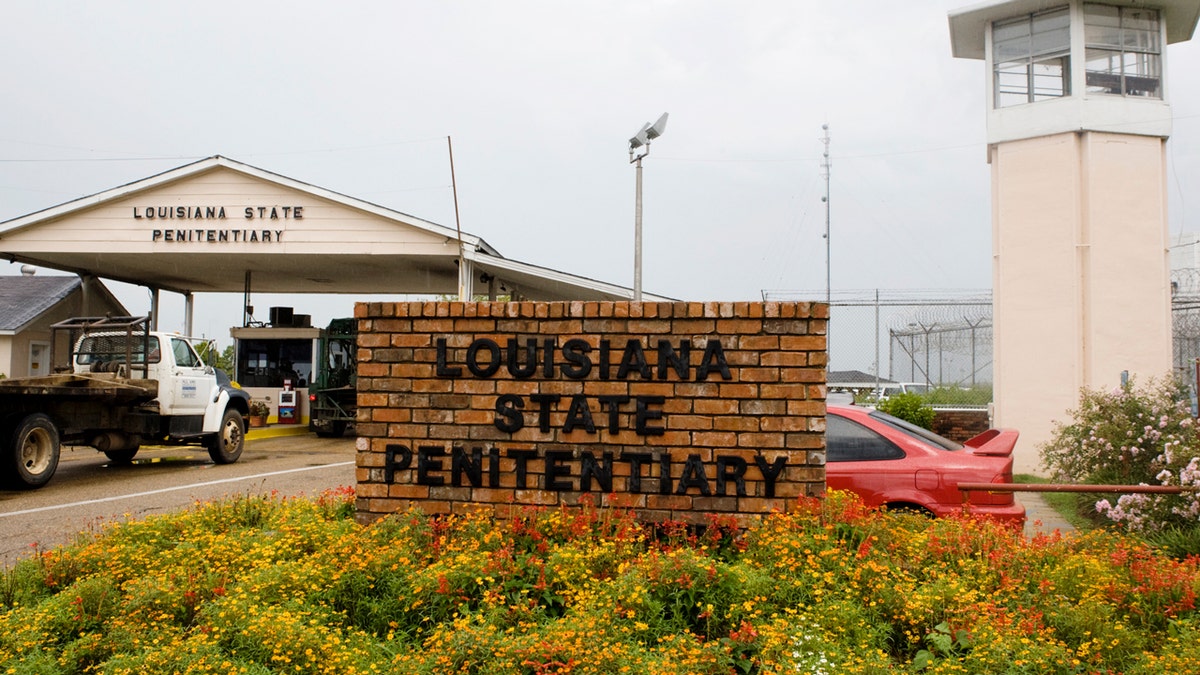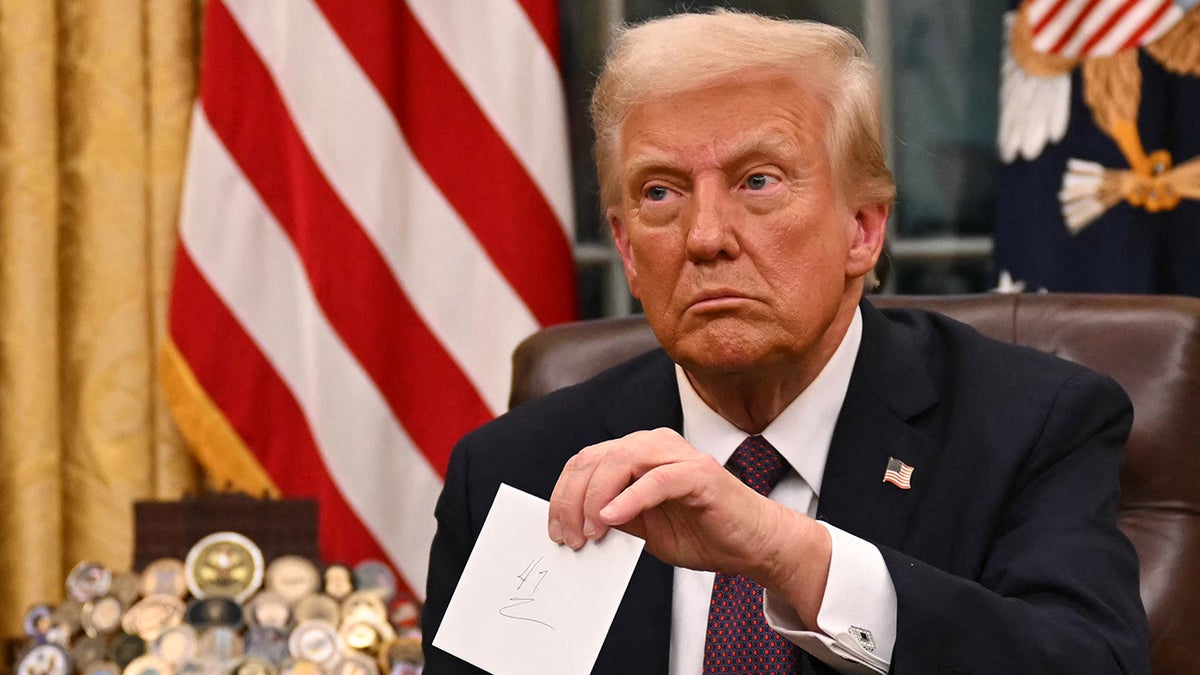Robert F. Kennedy Jr.'s recent remarks about COVID-19 have ignited a firestorm of criticism, drawing condemnation from within his own family and the White House. Kennedy Jr., a Democratic presidential candidate, suggested during a dinner in New York City that the virus might be “ethnically targeted,” disproportionately affecting certain racial groups while sparing others like Ashkenazi Jews and Chinese. He also mentioned the development of ethnic bioweapons by various countries, including China and the U.S.
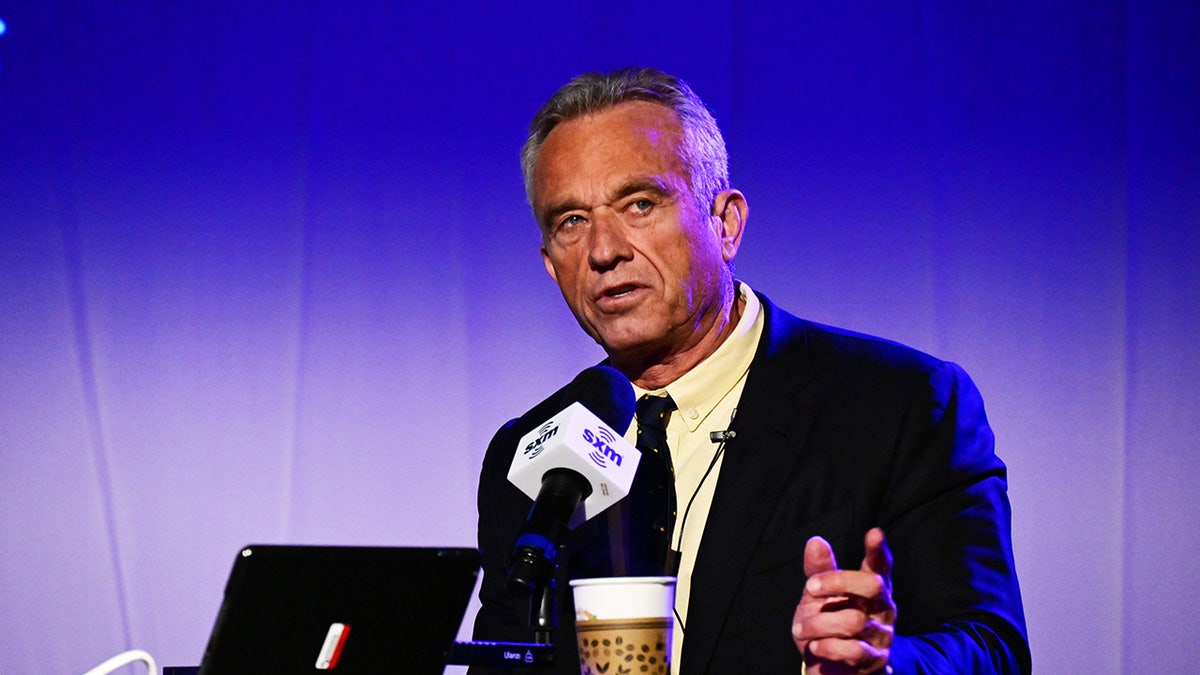
These comments were swiftly rebuked by family members. Former Rep. Joe Kennedy III, RFK Jr.'s nephew, labeled the statements “hurtful and wrong,” while Kerry Kennedy, his sister, called them “deplorable and untruthful.” Both issued strong condemnations, emphasizing that these views do not align with their own or the values of the Robert F. Kennedy Human Rights organization.
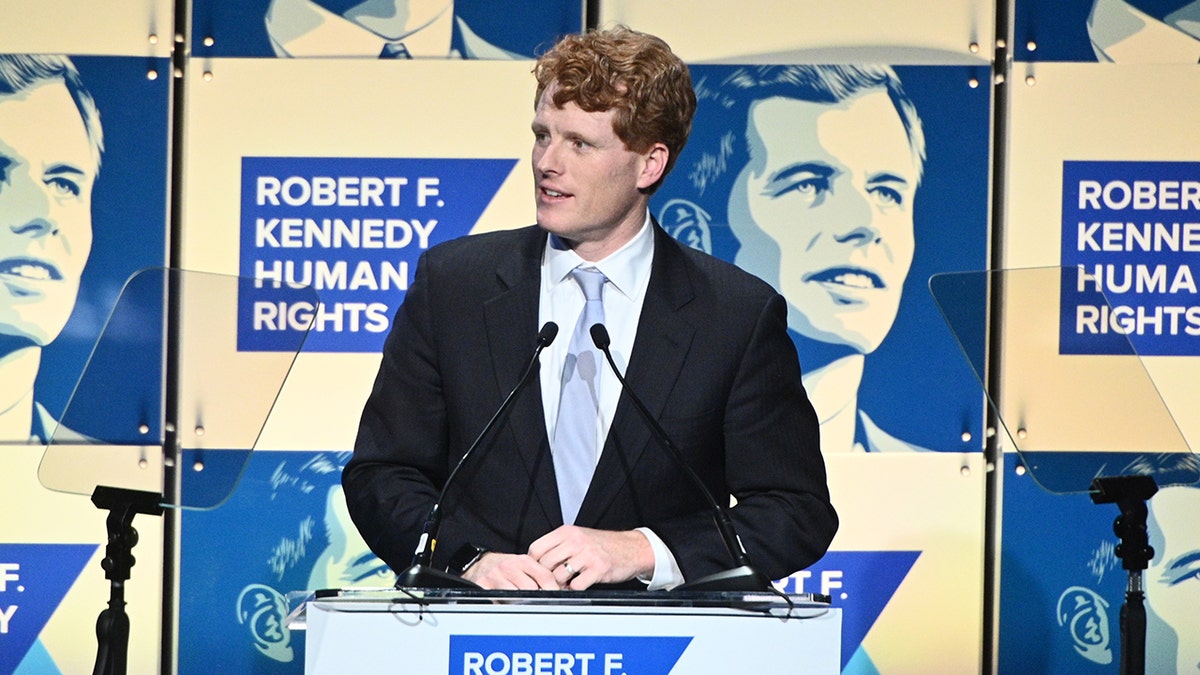
White House Press Secretary Karine Jean-Pierre also weighed in, characterizing the remarks as “vile” and “false.” She highlighted the danger of such rhetoric, emphasizing its potential to fuel racist and antisemitic conspiracy theories and divide the nation. Numerous Jewish organizations echoed these concerns, expressing their disapproval of Kennedy Jr.'s statements.
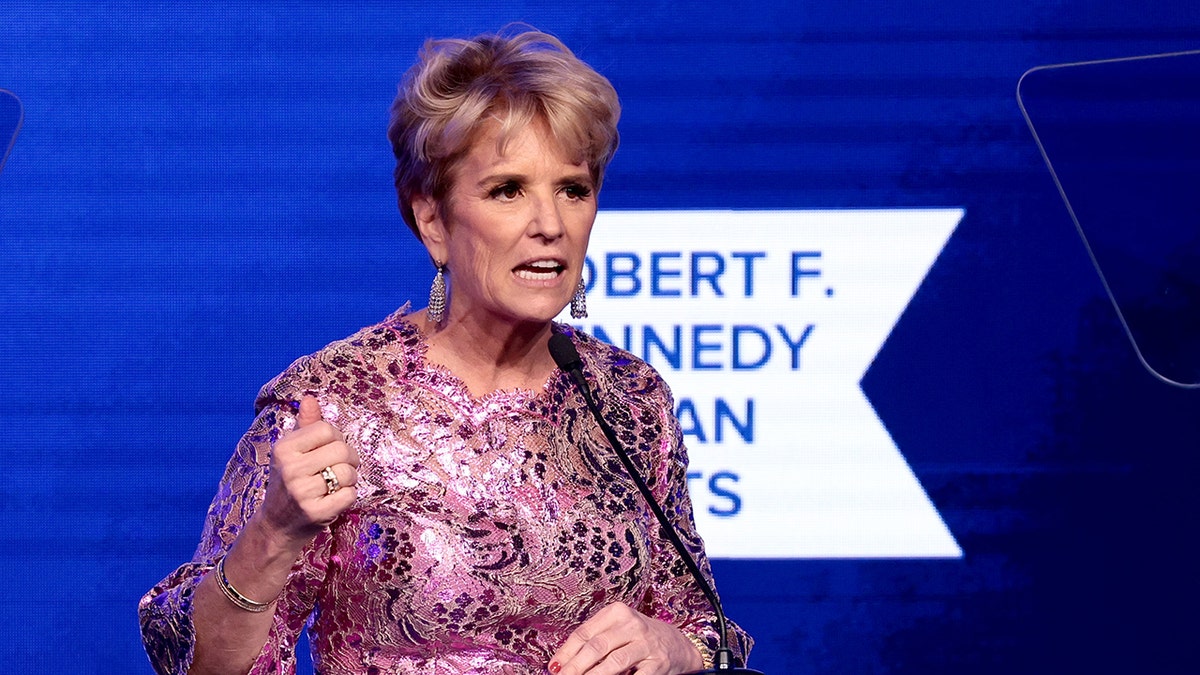
In response to the backlash, Kennedy Jr. defended himself on social media, claiming his words were “mistakenly” reported by the New York Post. He cited a study illustrating the varying impacts of COVID-19 on different racial groups, arguing that this supports his claims about the virus's potential for ethnic targeting. However, he clarified that he never suggested the virus was deliberately engineered for this purpose. This isn't the first time Kennedy Jr.'s controversial stances, particularly on vaccines, have caused friction within his family. In 2019, several family members publicly disagreed with his views on vaccines while acknowledging his environmental work. Kennedy Jr. has acknowledged these family disagreements, stating that they are entitled to their beliefs.



